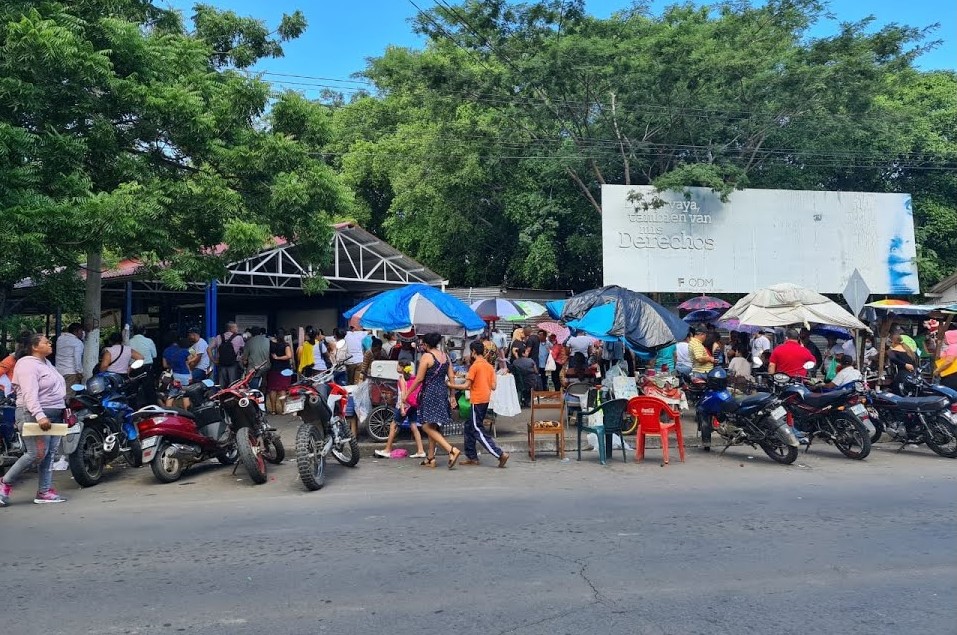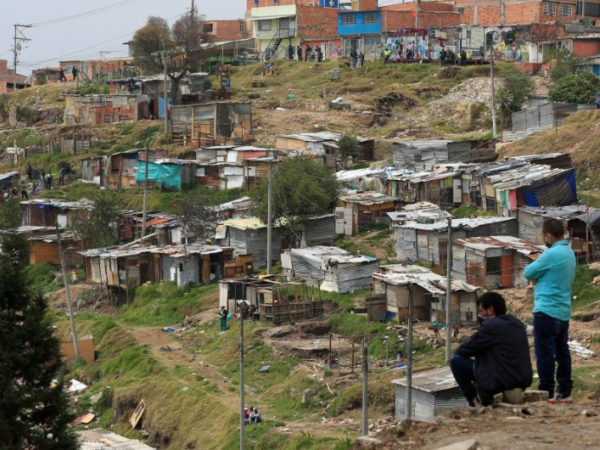From the Editorial
La Jornada Newspaper
Wednesday, October 30, 2024, p. 11
During the plenary session of the COP-16, the head of the Ministry of Environment and Natural Resources, Alicia Bárcena, assured this Tuesday that Mexico is committed to the application of urgent measures to protect 153 million land and marine hectares by 2030, which is equivalent to 30 percent of the national territory, in order to meet the 30×30 goal of the Kunming-Montreal agreement.
From Cali, Colombia, Bárcena indicated that In Mexico we are in a process of profound revolution of consciences, launching a humanist ecological and environmental policy
. He clarified that he seeks to change an extractive development model that generates inequalities, one where the people assume stewardship of natural resources, and that promotes shared prosperity along with environmental justice
.
For this reason, he indicated that it is about protecting 30.8 million terrestrial hectares and 19.6 million additional marine and coastal hectares, with the aim of reaching a total of 153 million, equivalent to 30 percent of the territory by 2030. He stressed that this measure It will complement the Other Effective Conservation Measures plan to address the country’s protected natural areas.
He highlighted that the national environmental restoration program will be carried out, which includes the fight against deforestation; the recovery of mangroves, seas and coasts, and critical ecosystems, such as the sanitation of three of the largest basins in Mexico: Lerma-Santiago, Tula and the Atoyac River.
Before her presentation, Bárcena considered a very big challenge
the application of environmental justice with the Escazú Agreement (first environmental treaty for Latin America and the Caribbean), especially in Mexico, as it does not have prevention mechanisms against sectors, including transnational ones, that oppose the application of this pact, care of environmental leaders and the participation of organized crime in the illegal management of natural resources.
By participating in the presentation Routes for the implementation of the Escazú agreement, pointed out that this agreement It has to give us that platform to really be able to offer those guarantees that are necessary
especially when in Mexico and Chile there are areas with serious contamination and environmental degradation.
















